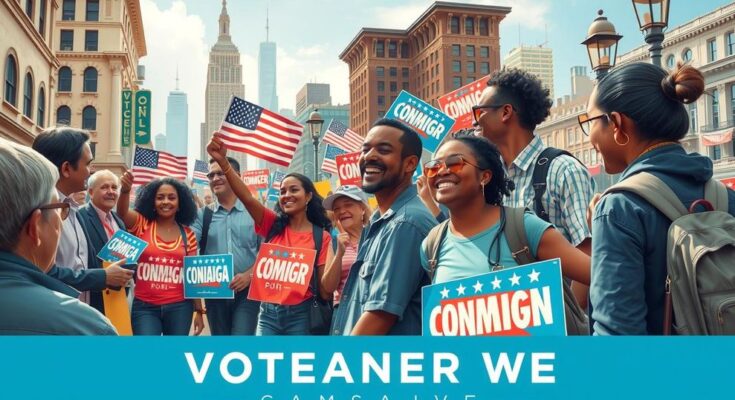- Zohran Mamdani’s campaign showcases a relatable approach to politics.
- His energetic style engages voters in a uniquely grassroots manner.
- Mamdani’s rise reflects the need for authenticity in political campaigns.
Mamdani’s Campaign Strategy and Its Impact on Voter Engagement
In a political arena that’s traditionally structured and often predictable, Zohran Mamdani is taking the unconventional route, which raises a pertinent question: can his energetic campaign provide a viable blueprint for Democrats struggling to reconnect with their voter base? The progressive state lawmaker, whose charisma is matched by his savvy social media presence, embarked on a marathon night walk through New York City in pursuit of votes. Coverage of his campaign showed him exuding authenticity, hugging cyclists and chatting amiably with locals, effectively demonstrating his commitment to engaging with constituents. His seemingly simple yet impactful approach might just offer lessons for a party grappling with identity amidst voter discontent.
The Changing Landscape of Political Campaigning
With Democrats emerging from a turbulent electoral cycle marked by setbacks, the party has found itself in a state of reflection, pondering over how to reclaim the trust of voters who feel alienated. Many strategists highlighted the need for authenticity, suggesting the party has veered too far in catering to elite interests. Mamdani’s campaign is a vibrant example of bucking that trend—utilizing a grassroots army of volunteers and compelling social media content to foster genuine connections with electors. His ascent from relative obscurity to the forefront of the mayoral race indicates a shifting landscape, where the ethos of being relatable may very well be the antidote to previous electoral missteps.
Authenticity as Key to Political Resurgence
Mamdani’s campaign strategy not only highlights grassroots mobilization but also underscores the power of a relatable approach to politics. By peppering his campaign trail with moments that resonate on a personal level—like grabbing a slice of pizza or strolling with constituents—he has crafted a narrative that feels accessible. This vibrant human touch could potentially inspire national Democrats, who have faced the repercussions of their recent losses, to rethink their approaches to voter interactions and campaign strategies. His story serves as a hopeful reminder that amidst the chaos of modern political battles, authenticity and connection remain vital.
In sum, Zohran Mamdani’s campaign presents an intriguing case study for Democrats aiming to reclaim their standing among voters. By prioritising genuine engagement and leveraging grassroots networks, his approach challenges the norms of campaigning in a deep-blue city. For the party hoping to recover from recent electoral defeats, the essence of Mamdani’s strategy might just point to a way forward, underlining the importance of being true to oneself in the labyrinth of politics.




